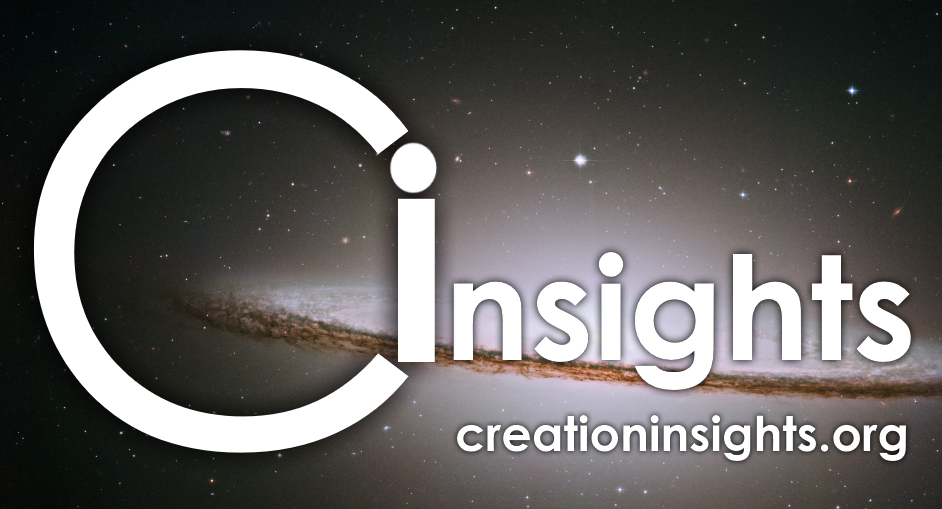Creation Science derives the conclusion that intelligent design observed in the physical world is the result of creation by God. A variety of creation science models are currently being debated, but they all agree that God is the intelligent designer. Which God or gods is credited with creation varies according to personal beliefs. These beliefs influence scientists to preferentially investigate tenets of a particular creation model. This preference in research is true of evolutionists as well. Though some are atheists, many are agnostic or believe in a god. They embrace a belief in presumed atheism and the bias of naturalism. Rather than allow the evidence to lead them to the conclusion that an intelligent designer outside the system of natural laws is a logical conclusion, they insist on natural explanations even though they contradict natural laws. This is because of the bias of presumed naturalism. Hence, scientists, naturalists and creationists, debate with one another using evidence and logic to persuade and cull out bad ideas.
Creation models, strictly speaking, are concerned with designing models that explain creation as the evidence leads them. They build on a first cause premise evidenced by intelligent design in creation. They investigate to explain physical behavior according to the design inherently built into the properties of energy and matter. The freedom to accept both natural and supernatural explanation as indicated by the evidence, allows creation scientists greater latitude to more accurately describe creation than their ‘naturalistic-only’ counter parts.
The distinguishing difference between intelligent design scientists and creation scientists is there premise of God. Whereas intelligent design theorists concern themselves with investigating and determining design elements in creation, creation scientists develop and test models to explain the history and predictable behavior of God’s creation.
Deriving that the intelligent designer of creation is God rather than just a first cause of energized order can be based on the characteristics of creation. Intelligent design in creation reflects the qualities possessed by the intelligent designer.
Consider the following characteristics observed in creation and their associated traits ascribed to the designer:
- The design in the physical world indicates an intelligent designer.
- Intelligence indicates personality.
- The fine tuning of the universe to make life possible indicates purpose and compassionate preparation.
- The physical world shows extreme complexity.
- The physical world shows creativity.
- The physical world shows astronomical size and power.
- An Intelligent Designer possessing personality, purpose, compassion, complexity, creativity, and astronomical size and power fits the description of God.

